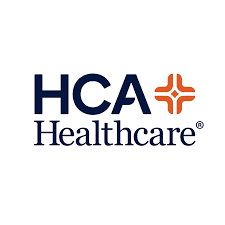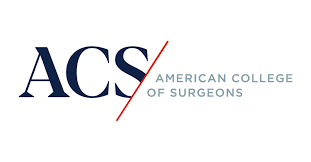
Editor's Note High-volume joints and spine procedures in ambulatory surgery centers (ASCs) require more than a “healthy” patient—success hinges on rigorous screening, block-and-flow efficiency, tech-enabled standardization, and a culture where anyone can say “stop,” this session’s speakers said. Comprising Robert Bray, MD, FAANS, CEO and founding director of DISC Sports…

Editor's Note Hospitals can reduce anesthesia costs by up to 30% and significantly curb provider burnout by embracing technology-enabled collaboration with anesthesiology practices, Surgical Directions August 27 reports. The report outlines how rising demand, workforce shortages, and variable pay structures have pushed anesthesia expenditures up sharply in recent years. Traditional…

Editor's Note UnitedHealthcare’s 15% cut to certified registered nurse anesthetist (CRNA) reimbursements has ignited strong opposition from anesthesia leaders who warn the policy could endanger patient access to safe, affordable care in rural and underserved areas, Nurse.org October 14 reports. On October 1, UnitedHealthcare implemented the new policy, reducing payments…

Editor's Note The Food and Drug Administration (FDA) has announced three new recalls between October 14 and 16 that may affect OR inventory and perioperative workflows across multiple service lines. Each recall targets a commonly used product in surgical or imaging settings, prompting leaders to review supplies and coordinate with…

Editor's Note Cesarean delivery remains the most common major surgery in the US, but new evidence highlights its impact on recovery, pain, and sleep health for mothers. In an American Medical Association (AMA) interview published by HCA Healthcare Today on October 10 and new research presented at the ANESTHESIOLOGY® 2025…

Office-based surgery (OBS) is one of the fastest-growing care settings in the US. From ophthalmology and dermatology to gastroenterology and even orthopedics, more procedures once limited to hospitals or ambulatory surgery centers (ASCs) are now being performed in medical office suites. Among many factors, the growth is being fueled by…

Editor's Note Artificial intelligence (AI) and evidence-based fasting practices could significantly enhance safety and comfort for children undergoing surgery, according to research presented at the ANESTHESIOLOGY® 2025 annual meeting that took place on October 10–14. One study found AI systems outperform standard methods in key pediatric anesthesia tasks, including selecting…

Editor's Note Patients’ social conditions, language, and sleep patterns may play a larger role in surgical recovery than previously recognized, according to three studies presented at the ANESTHESIOLOGY® 2025 annual meeting that took place on October 10–14. Researchers from the University of California, San Diego, found patients facing food insecurity…

Editor's Note Hospitals are bracing for service reductions as anesthesia staffing shortages collide with reimbursement cuts, Modern Healthcare October 14 reports. Executives and staffing experts see mounting financial strain that could limit patient access and stall growth plans, with rural facilities most exposed. As detailed in the article, systems continue…

Editor's Note Surgeons across multiple disciplines are confronting a distinct wound pattern tied to xylazine-contaminated opioids and adapting management to avoid unnecessary amputations, the American College of Surgeons October 1 reports. These wounds can resemble necrotizing soft tissue infection at first glance, yet the clinical picture and trajectory differ, calling…